SYLLABUS
BD2EN – PEDAGOGY OF ENGLISH PART – II
Unit I – PEDAGOGICAL ANALYSIS
Paradigm shift from pedagogy to Andragogy to Heutagogy
– Concept and stages – Critical Pedagogy: Meaning, Foster
independent thinking through critical pedagogy, Need and its
implications in Teacher Education. Interaction Analysis: Flanders’
Interaction analysis, Galloway’s system of interaction analysis
(Recording of Classroom Events, Construction and Interpretation
of Interaction Matrix).
Unit II – TEACHING MODELS
Bloom’s Mastery Learning, Skinner’s Operant Training, Bruner’s
Concept attainment, Ausubel’s Advance Organizer, Glaser’s Basic
Teaching (Classroom Meeting), Byron Massials and Benjamin
cox’s social inquiry, Carl Roger’s Non-directive and William
Gordon’s Synectics models.
Unit III – ACTIVITY-BASED AND GROUP CONTROLLED
INSTRUCTION
Activity Based Instruction: Concept, Classification – Role Play,
Simulation, Incident method, Case Study method, Gaming and
prioritisation exercises. Group Controlled Instruction: Concept,
Definition and Importance of Group Controlled Instruction – Types
of Group Controlled Instruction: Group Interactive sessions, Co-
operative Learning methods, Group investigation, Group Projects.
Unit IV – RESOURCE BASED LEARNING
Defining Educational Resource and Resource Centre (Area),
Resource Bank, Resource Island, Resource Peninsula – Types of
Resources, Users and their Role in a resource centre: Teacher,
Learners and Technical Staff.
Unit V – ASSESSMENT IN PEDAGOGY OF ENGLISH
Criteria for Teacher Evaluation – Concept of Test, Measurement
and Evaluation – Differentiate between Assessment and Evaluation
– Standardization of Test, Principles and steps involved in the
construction of achievement test – Blue Print and Question Pattern
– Feedback Devices: Meaning, Types, Criteria, Guidance as a
Feedback Devices: Assessment of Portfolios, Reflective Journal,
Field Engagement using Rubrics, Competency Based Evaluation.

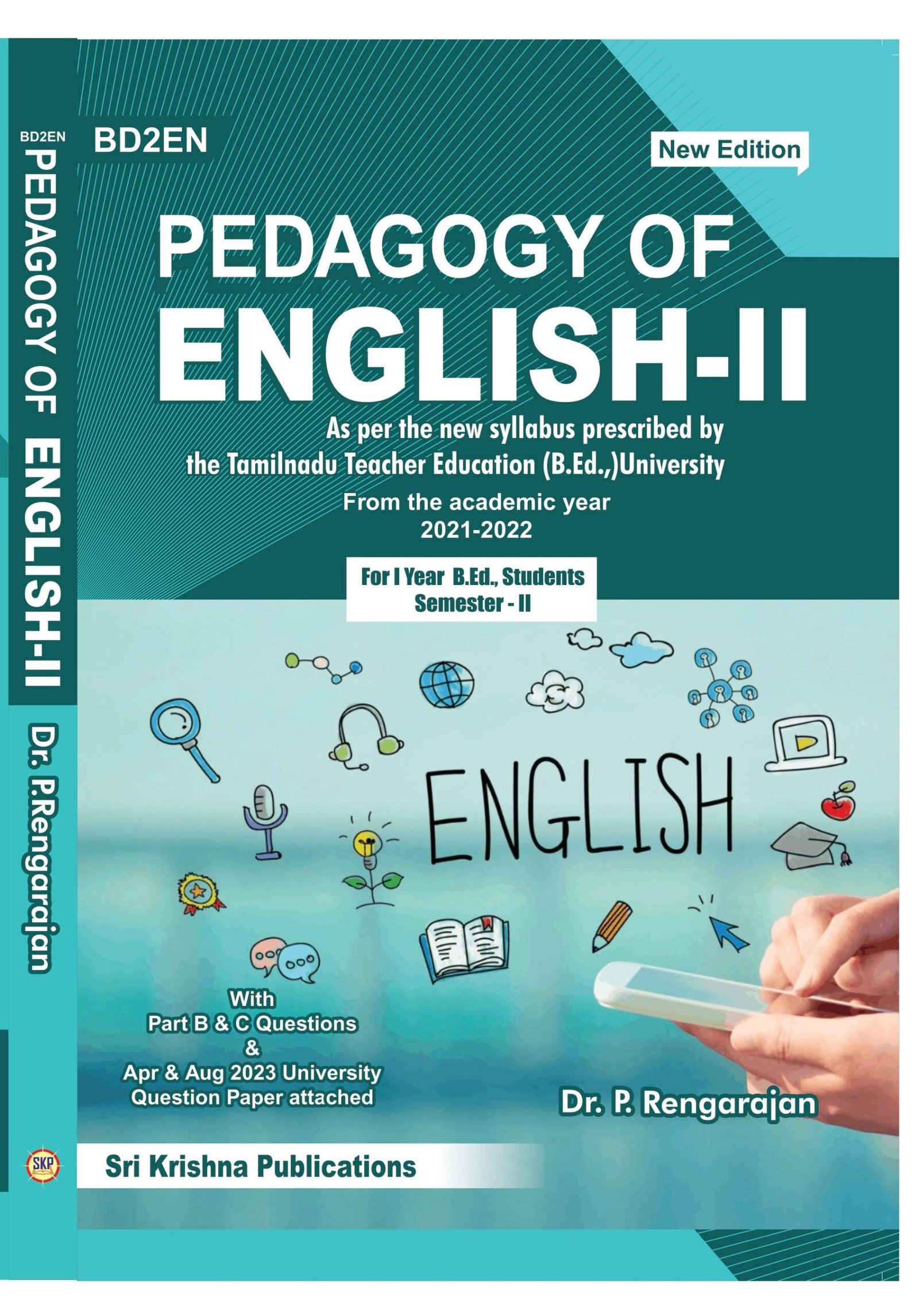


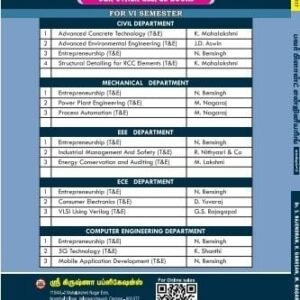
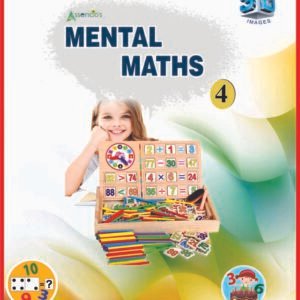
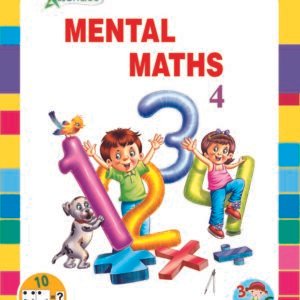
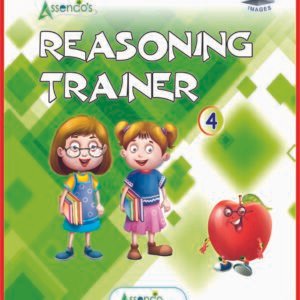
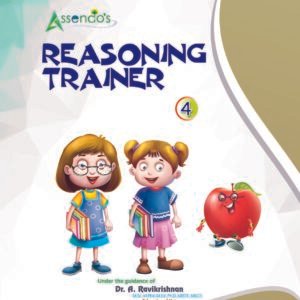

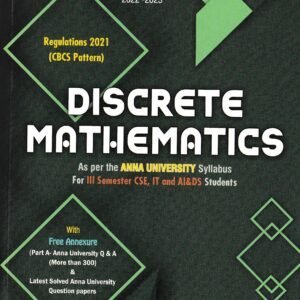
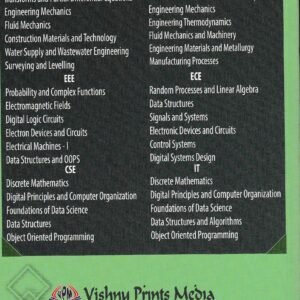

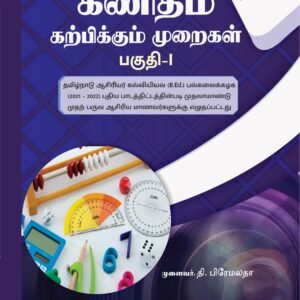
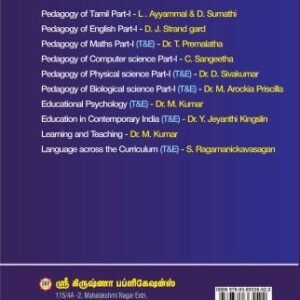


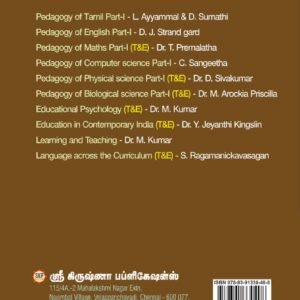
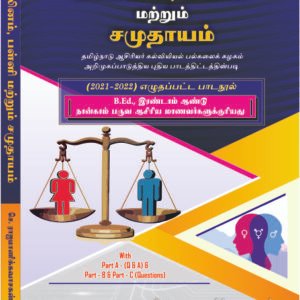
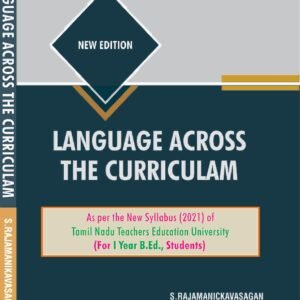
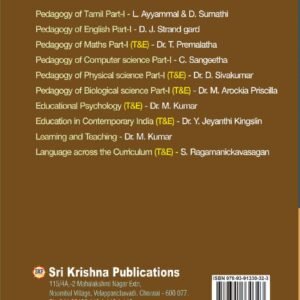
Reviews
There are no reviews yet.